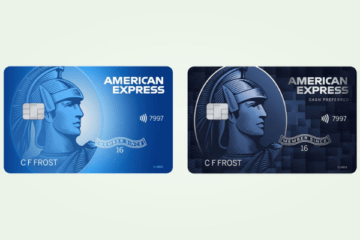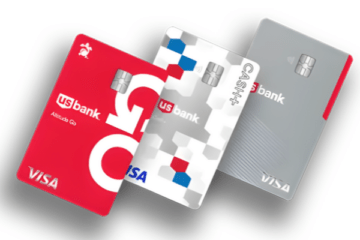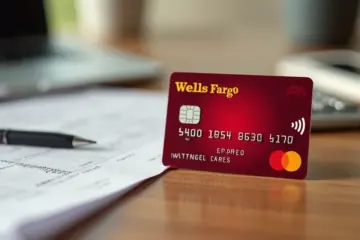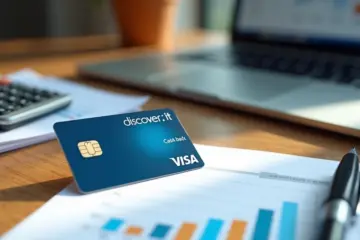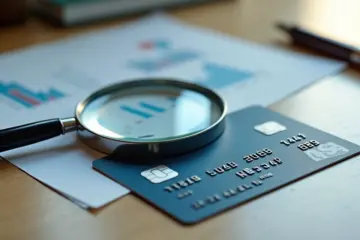Credit Cards: 10 Key Tips to Maximize Rewards and Avoid Fees
Using a card for everyday purchases, travel, or even large expenses can unlock perks—if you know what to look for. But too many find themselves stuck with surprise fees or disappointed rewards. Understanding the landscape of cards, from point structures to fee traps, makes the experience smoother and maybe even a little fun.
Advertisement
10 key tips for better rewards and fewer fees
- Pay your balance in full each month. Interest charges can erase the value of any cashback or points you earn. According to The Salt Lake Tribune, carrying a balance also means you’re paying interest on your average daily amount, not just the leftover at month’s end.
- Choose cards that match your spending. Some offer travel benefits, others dining or gas. Those little differences add up over time.
- Avoid annual fees—unless the rewards truly outpace the cost. Some premium cards justify their yearly price with lounge access or high cashback, but many don’t. Lots of alternatives give generous points without an up-front price tag.
- Watch for foreign transaction fees. These can sneak up quickly, especially online. As CBS News notes, many issuers tack on about 3% extra for international purchases, so cards without these fees are better for travelers and online shoppers alike.
- Maximize bonuses and special offers. After signing up, cards often give a big chunk of points or cashback for hitting a spending target within the first few months. Don’t let those offers slip by.
- Set payment reminders or use autopay. Missing a due date? That leads to late fees and penalty interest—and late payments might even drop your credit score.
- Read the fine print on fees. Swipe fees, balance transfers, cash advances—each comes with its own cost. A recent LendingTree survey found 79% of Americans have been hit with one fee or another, often when paying or making a transfer.
- Redeem rewards before they expire. Some programs have points that quietly vanish after a certain time or if there’s no activity. Set calendar reminders, or use apps to help you track.
- Monitor new changes in card fees and rules. There’s a wave of shifts happening—including the Visa and Mastercard settlement that is lowering swipe fees for merchants a bit for now. But critics argue this relief is temporary, so always keep an eye on your statements for new charges.
- Don’t be afraid to negotiate. If you’re a loyal cardholder, sometimes a quick call can lower your rate or waive an annual fee, especially if you see a better offer elsewhere.
Rewards are only rewarding if you’re not paying too much to get them.
After comparing all those ways to avoid the worst card hassles, the most striking thing? Simplicity works. Pick the card (or two) that really fits your habits, always pay in full, watch for sneaky fees, and cash in the rewards before they’re gone. Sometimes, that’s all it takes to keep money in your pocket.
Advertisement
Keeping an eye on your statements and being honest about your spending can make all the difference—not just in points earned, but in how you feel about using your card. And when the right rewards finally cover a fancy dinner or a trip, you’ll know you played the fee game well. Maybe not perfectly, but close enough.
Frequently asked questions
What is a credit card annual fee?
An annual fee is a charge the bank might put on your account once a year for keeping an account open. Some cards have them, others don’t. Cards with higher yearly fees sometimes offer more points, special perks, or benefits, but if you’re not making the most of those extras, it may not make sense to pay. Cards with no annual fee are often best for most people, unless the rewards you get truly outweigh that cost.
Anúncios
How can I maximize card rewards?
You’ll want to pick a card that fits your habits—whether that’s groceries, gas, or travel. Use the card for those purchases, always pay in full, and aim for bonuses or special promotions. Don’t let points expire, and make sure you don’t rack up fees that wipe out what you’ve earned.
Is it worth paying with credit cards?
If you use your card responsibly, yes—it can be. Cards offer rewards, buyer protection, and can make tracking spending easier. However, if you carry a balance or pay late, interest and fees can erase any benefits. It all comes down to how you use the account.
How do I avoid late fees?
Set up text or email reminders, or place your account on autopay for at least the minimum payment. Even one missed payment can mean a fee and, sometimes, a higher interest rate.
What are the best no-fee cards?
The best no-fee cards are the ones that match your main spending categories while offering decent points or cashback. Some competitors may offer no-fee cards, but often they come with lower rewards or fewer perks—in contrast, it’s possible to find options that combine no annual fee with strong reward programs. Always weigh your own habits against the offer to decide.
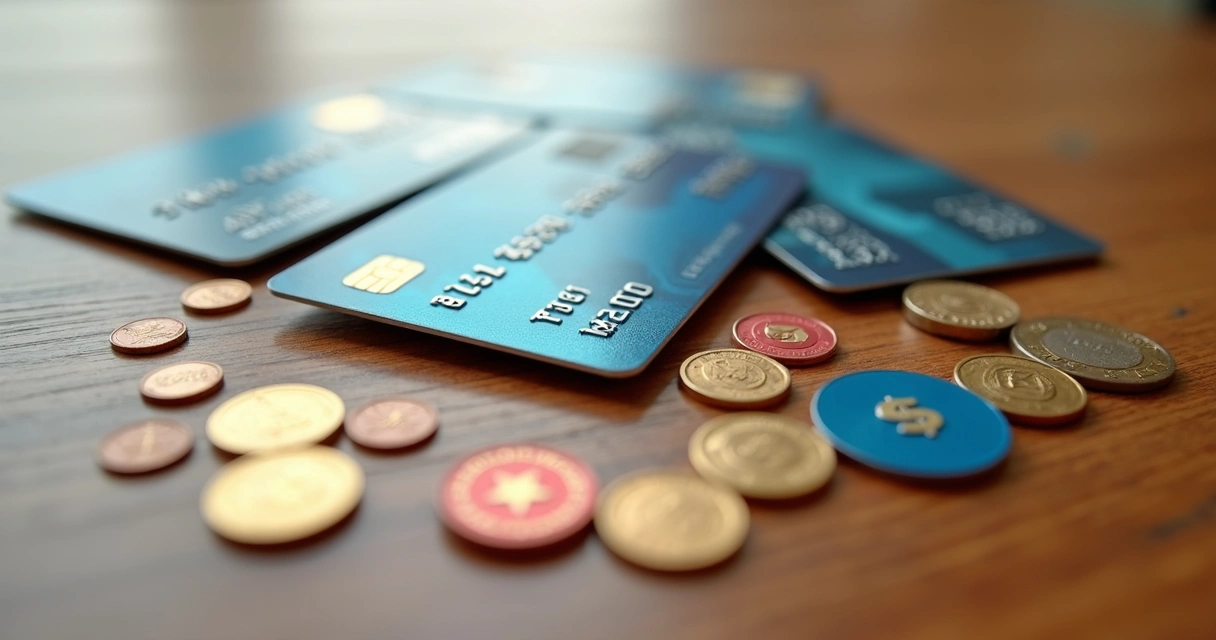 Rewards are only rewarding if you’re not paying too much to get them.
Rewards are only rewarding if you’re not paying too much to get them.